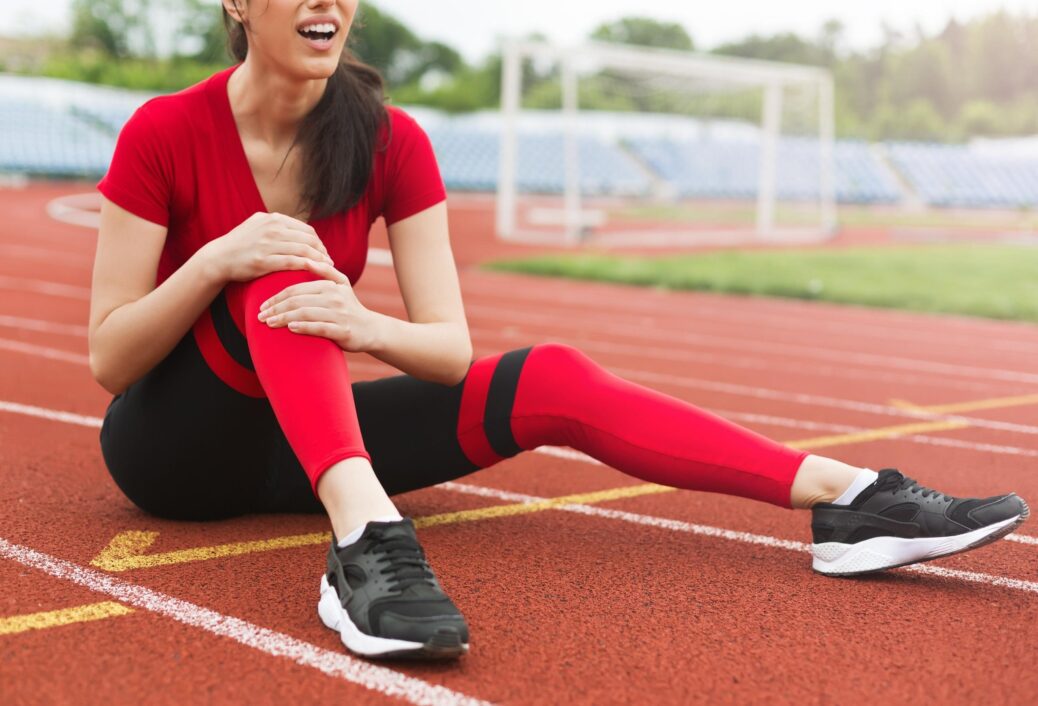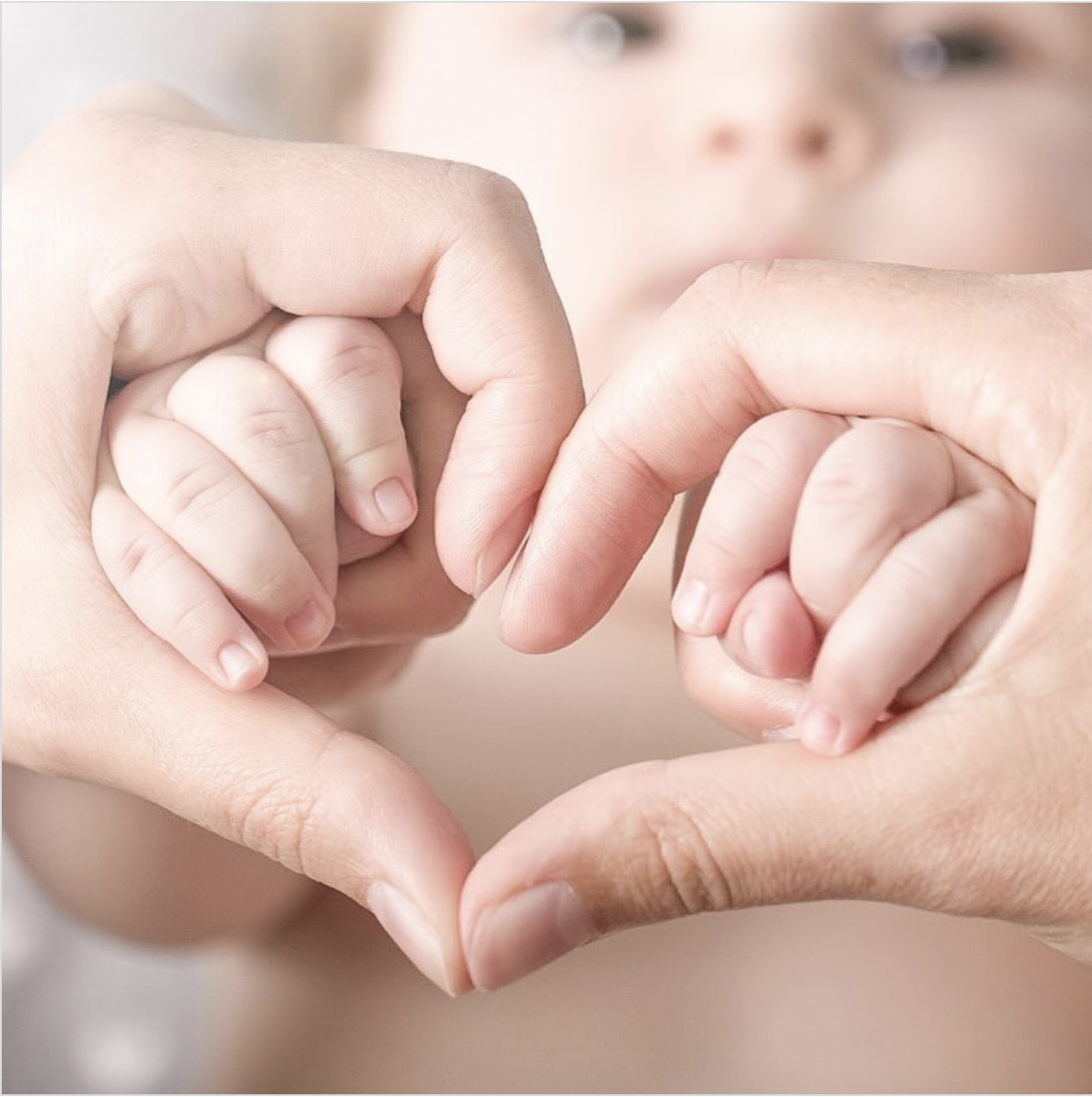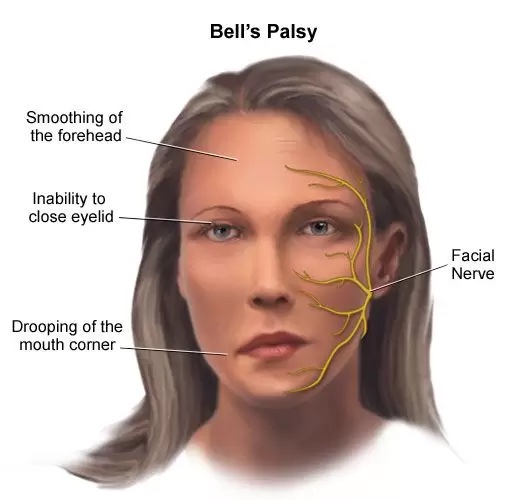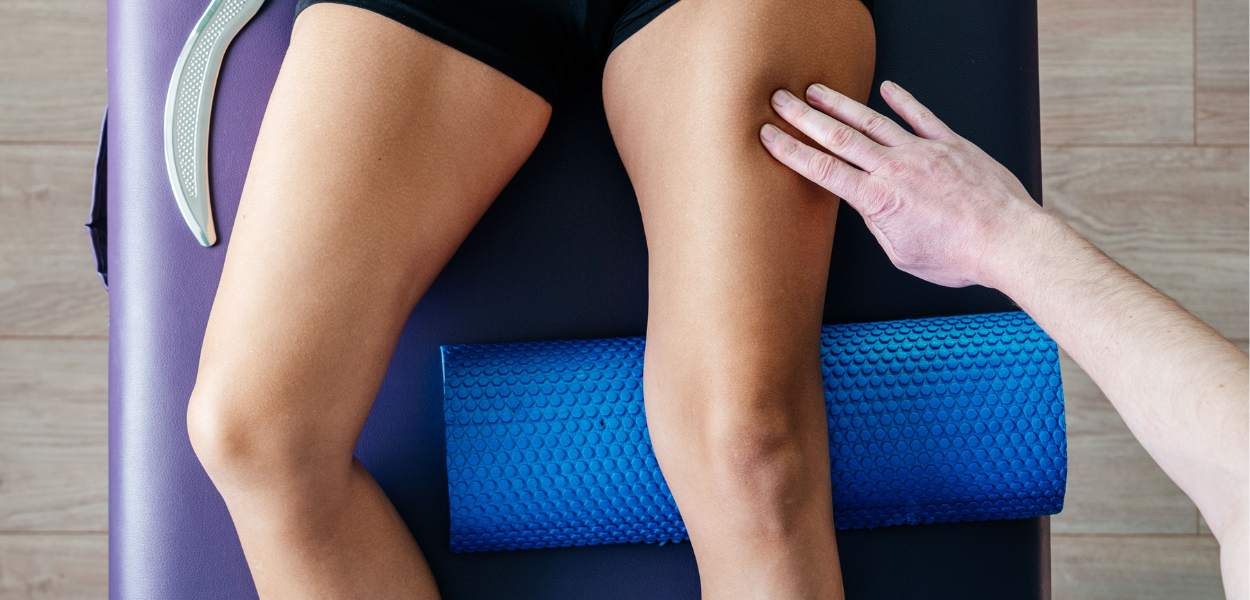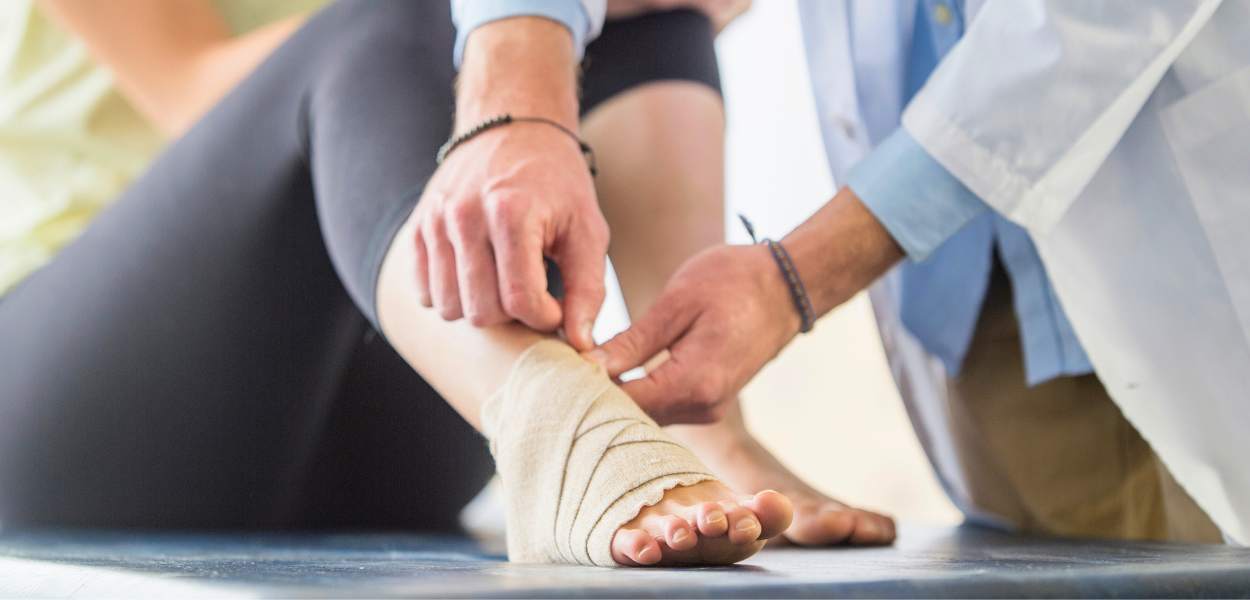Anterior Cruciate Ligament (ACL) Knee Injury and Prevention
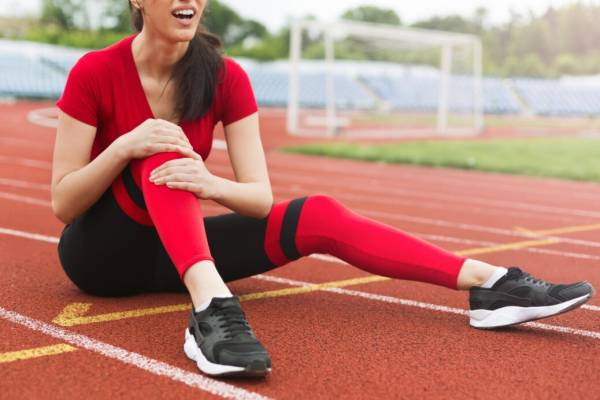
An anterior cruciate ligament (ACL) is one of the ligaments inside your knee which provides stability and prevents the shin bone (tibia) from sliding forward. 70% of ACL injuries occur in the mechanism of non-contact valgus (inward-pointing of the knee) during landing or deceleration manoeuvres with poor body dynamics. (2)
ACL tear typically requires surgical reconstruction, which can lead to health issues such as early-onset knee osteoarthritis and increased risk of further knee injuries, therefore injury prevention is so important to reduce the incidence of injury. (1)
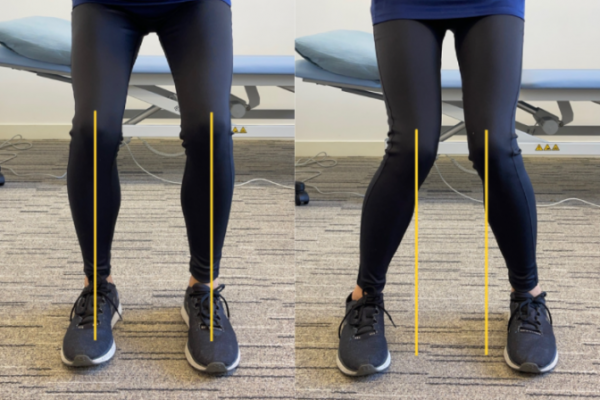
Causes of ACL Injury
- Sudden change in direction (pivoting and cutting)
- Sudden stop while running
- Rapid deceleration while running
- Incorrect jumping/landing technique
- Contact sports, such as rugby and football
Risks of ACL Injury (3)
- Gender: Female
-Wider pelvis which increases the valgus moment
– Hormones causing ligament laxity
– Smaller size of the intercondylar notch - Imbalance in lower limbs muscles
-Difference in quadriceps and hamstrings strength - Previous ACL injury
- Participate in contact sports
– Such as rugby, football or basketball - Poor neuromuscular control
– Faulty movement patterns
Exercises Demonstration for ACL Injury Prevention
- Here are some examples of some simple exercises which you can do for lower limb strengthening.
*Make sure your knees are in good alignment (not in a valgus position)
1) Squat With Band
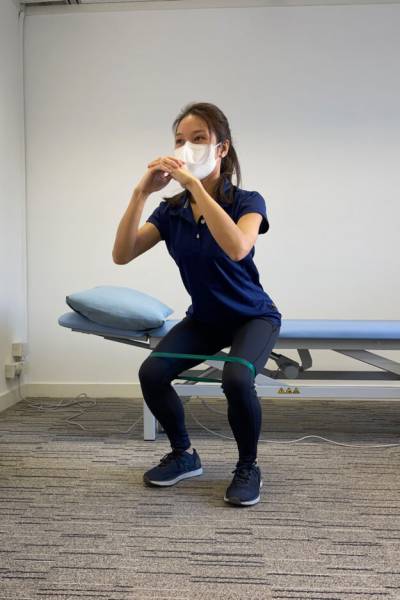
2) Lunges
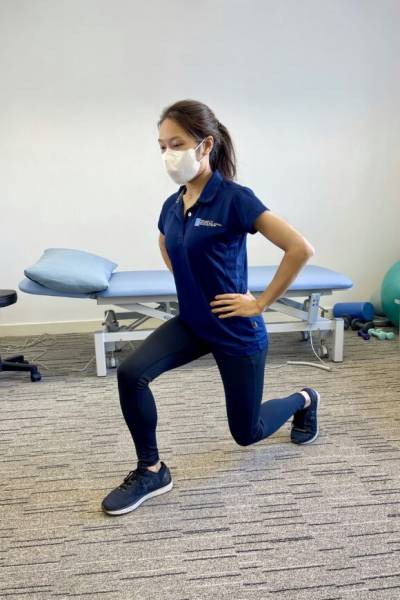
3) Single Leg Stand
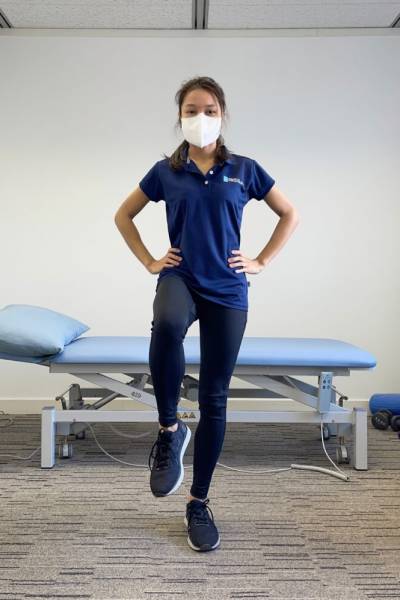
ACL Rehabilitation
- ACL injuries usually require extensive physiotherapy rehabilitation for at least 6 months. A physiotherapist will assess and formulate an individualised treatment plan accordingly, which mainly targets these areas:
- Pain and swelling control
- Range of movement exercise
- Muscle strengthening
- Neuromuscular & proprioception training
- Injury prevention training aiming for a correct landing
- Return to sports
- Psychological aspects
It is important that you have a sound understanding of your condition and the appropriateness of these tools to be used in the first place. Our friendly and knowledgeable physiotherapists are more than happy to demonstrate to you how to use them and design a home exercise program tailor-made for you. Make an appointment with us online or drop into the clinic for a session today!
At Prohealth Sports & Spinal, we offer two ACL rehabilitation plans for both non-surgical rehabilitation and post-surgical rehabilitation. Learn more about our ACL rehabilitation plans here.
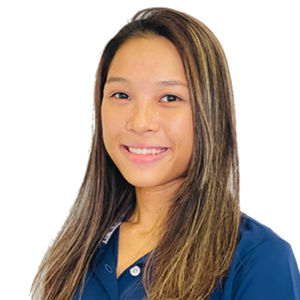
Christy is a skilled, gentle and patient physiotherapist based in both Jardine House and Wellington Street, Central. Having volunteered at various sporting events and provided on-site treatment to athletes, she is experienced in treating women’s health conditions, sports-related injuries and chronic neck and back pain. If you are suffering from lactation or other women’s health-related issues, book an appointment with Christy now.
References
(1) Benjaminse, A., & Verhagen, E. (2021). Implementing ACL Injury Prevention in Daily Sports Practice—It’s Not Just the Program: Let’s Build Together, Involve the Context, and Improve the Content. Sports Medicine (Auckland), 51(12), 2461-2467.
(2) Boden, B., & Sheehan, F. (2022). Mechanism of non‐contact ACL injury: OREF Clinical Research Award 2021. Journal of Orthopaedic Research, 40(3), 531-540.
(3) Noyes, F., & Barber-Westin, S. (2018). ACL Injuries in the Female Athlete : Causes, Impacts, and Conditioning Programs.

